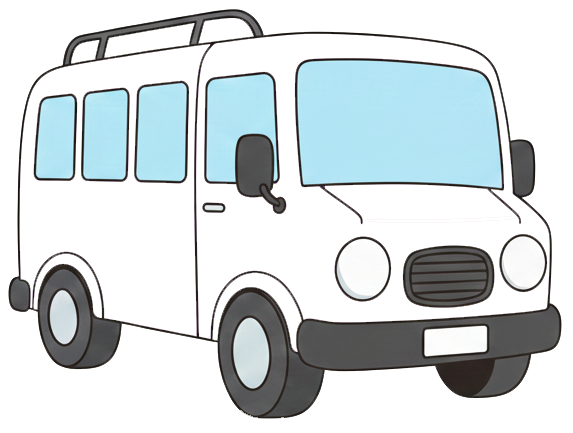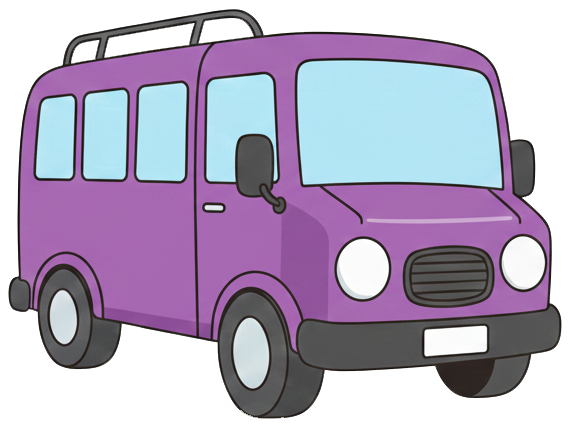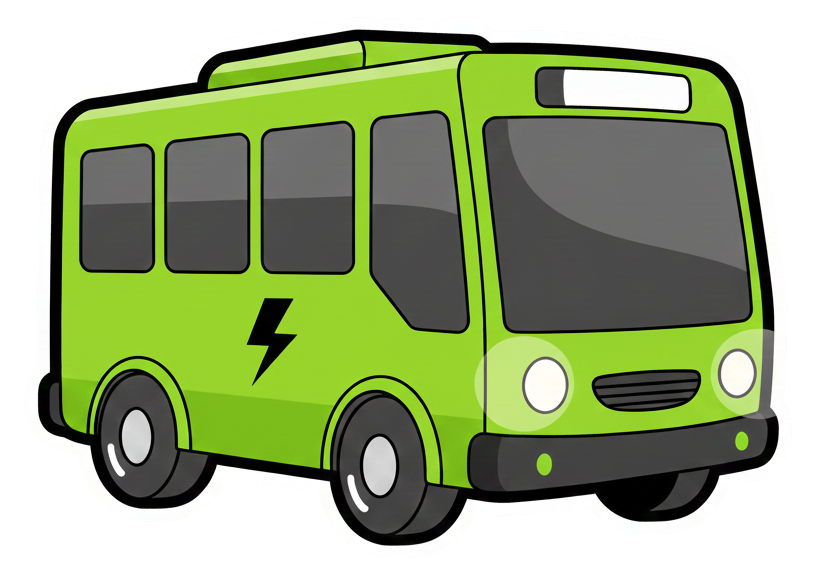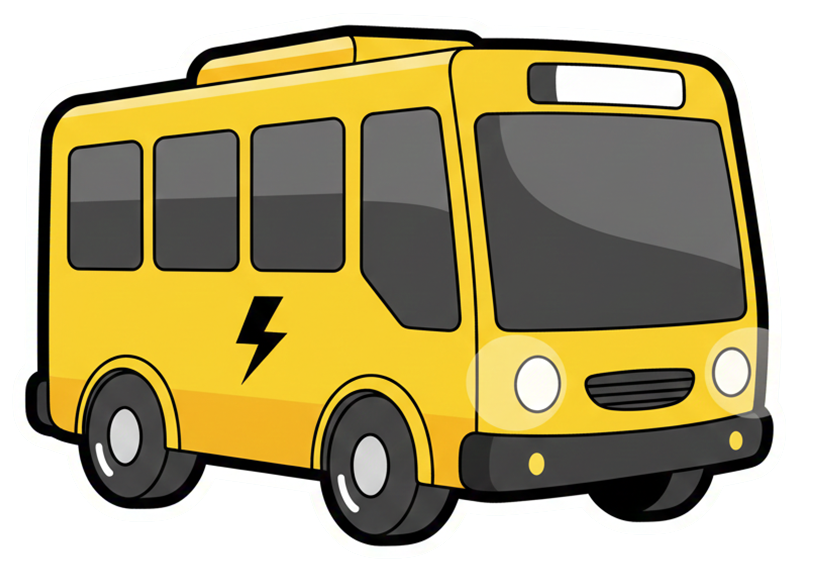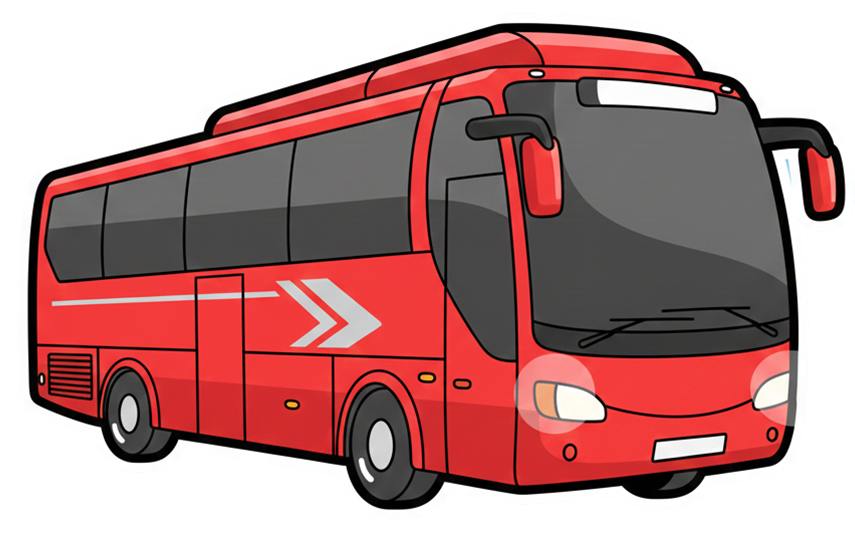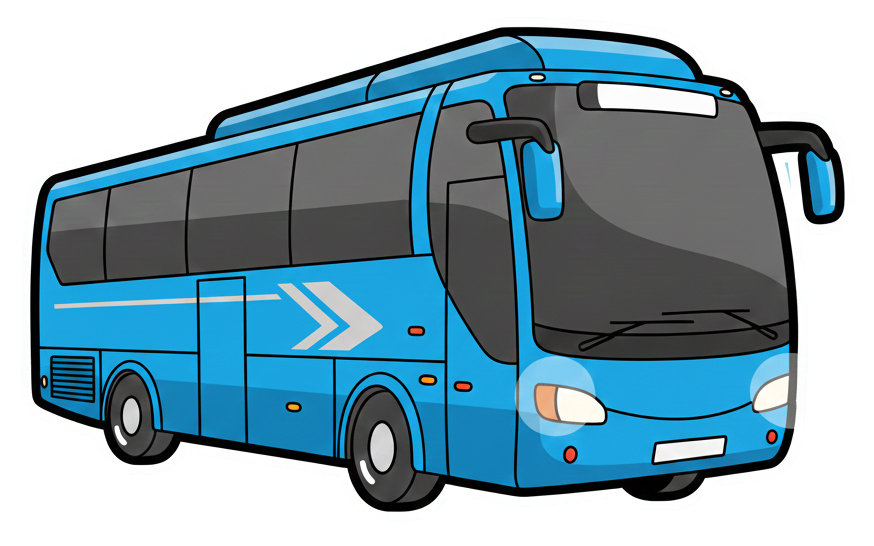- Seminar
- 26th November at 2:00 pm
Samuel Ribeiro, Managing Director at Tower Transit, reflects on what a
franchised future could mean for the structure of the industry.
The UK bus industry is entering one of its most transformative periods in decades. After nearly 40 years of deregulation, the steady introduction of franchised models, in Greater Manchester, the Liverpool City Region, West Yorkshire and others, marks a profound shift in how bus services will be planned, procured and delivered. At its core, franchising aims to rebalance the relationship between public and private sectors. Local authorities regain control of network design and fares, while operators focus on delivering high-quality, reliable services under contract. The intent is clear: greater accountability, consistency for passengers, and better value for the public purse in the long-run. But these changes will inevitably reshape the market forces that have defined the industry since deregulation.
Changing Roles
For more than three decades, the UK’s ‘big five’ operators have dominated the commercial market, accounting for most of the mileage and revenue outside London. The perception is that the ‘battle lines’ between these giants were well established, leading to lack of competition in some regions. Franchising changes that equation. Competitive tendering opens doors for a wider range of operators, from established mid-sized groups to new entrants with contract-management expertise. In regions such as Liverpool, and potentially the West Midlands, it is expected that the single biggest operator in these areas, which currently holds around a 70–80% market share, may be limited to securing a maximum of half that amount under new franchised frameworks, as authorities introduce caps on contract awards to promote greater competition and diversity within the market. As authorities prioritise performance, reliability and passenger satisfaction, success will hinge less on network scale and historic presence and more on operational discipline and data-driven delivery. The large groups are certainly well-equipped to compete, but the field is likely to become more balanced, with regional and specialist operators also able to secure a meaningful share of contracts. In time, we are seeing a healthier mix of participants which should lead to a more dynamic marketplace overall.
Changing Roles
Risk and reward Under deregulation, operators carried both revenue and cost risk. In a franchise model, the revenue risk shifts largely to the authority, allowing operators to focus squarely on service quality and efficiency. That adjustment fundamentally changes business incentives. Success is no longer defined by commercial market share but by the ability to meet contractual performance targets: on-time running, customer satisfaction, environmental compliance and cost control. This shift rewards operators with strong contract performance, transparent reporting and the ability to adapt quickly to evolving authority expectations. Those used to compete purely on commercial size will now need to excel in partnership working, continuous improvement and robust delivery frameworks.
The perception is that the ‘battle lines’ between these giants were well established, leading to lack of competition in some regions.

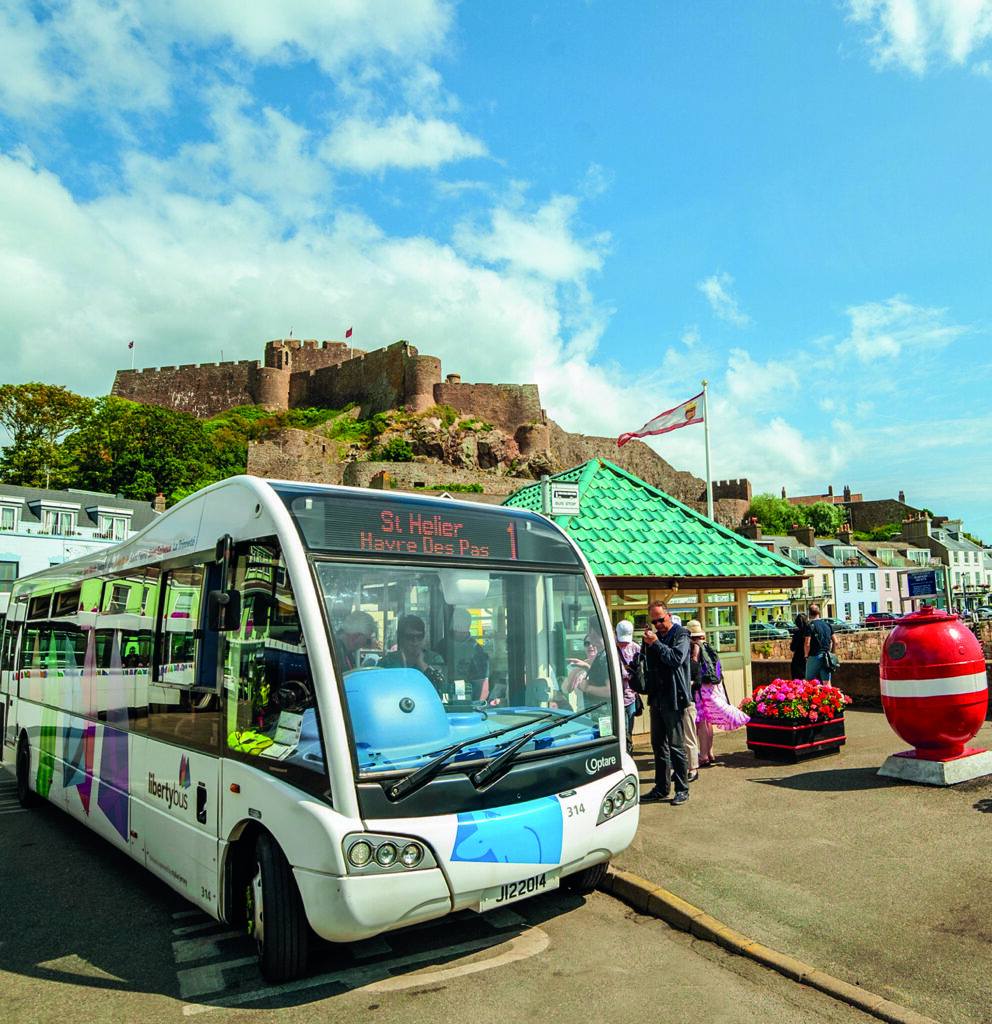
Living in the UK since 2011, Samuel Ribeiro has been with Tower Transit since 2017, having previously made his career in banking, where he was heavily involved in financing bus projects globally, especially in emerging markets such as Panama, Colombia, Chile, South Africa, Ghana and his native Brazil.
Learning From Mature Markets
While the UK is at the beginning of this new phase, franchising is not uncharted territory globally. Mature systems in Australia, Singapore and the Channel Islands have demonstrated how competitive tendering can deliver sustainable outcomes when structured effectively. In places like Perth, Adeleide and Sydney the model has been refined over more than 30 years, balancing commercial discipline with public oversight. Operators there have learned that clear performance standards, open data and collaborative contract management are the key ingredients for long-term success. The experience of these markets also shows that people and culture matter as much as process. Successful mobilisations depend on the capability and commitment of local teams, supported by systems that enable them to respond rapidly to real-world conditions. In that sense, franchising places a premium on the fundamentals of good bus operation: leadership, communication and community engagement, rather than purely on financial scale.
Collaboration & Innovation
Franchising also creates opportunities for innovation that might have been harder to achieve under a fully commercial regime. With authorities setting integrated objectives across bus, rail and active travel, there is potential for genuinely joined-up networks and shared technology platforms. Operators that embrace open collaboration, sharing data, aligning service standards and supporting multi-modal transport systems, will help redefine what ‘partnership’ means in public transport. This alignment of incentives can, over time, elevate the whole sector. Instead of competing for overlapping routes, operators compete for excellence in delivery. The outcome is not simply a redistribution of market share but an overall uplift in customer experience and public trust.
Looking Ahead
The transition to franchising will not be without challenges. Procurement capacity, contract oversight and industry skills must all evolve to support each of the franchising regions ambitions. Yet the direction of travel seems set. For the UK bus industry, the next decade will be defined less by deregulated rivalry and more by structured collaboration. Ultimately, franchising represents a recalibration of what competition means. Market share will still matter, but as a reflection of performance which will be recalibrated every five to seven years as contracts are retendered. Those who focus on quality, transparency and partnership will find space to thrive, whatever their size. Having seen franchised networks mature in other parts of the world, it is clear that such systems can deliver both stability for authorities and opportunity for operators, when designed with fairness and operational realism in mind. The UK now has the chance to apply those lessons and shape a model that works for its own local communities and passengers.
Explore the Stands


